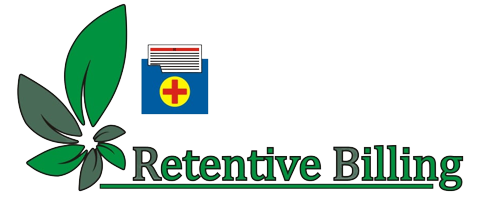Cardiology stands at the forefront of patient care, focusing on the intricate and vital cardiovascular system. However, the financial health of cardiology practices is equally important to sustain high-quality care. This blog presents essential tips for cardiology medical billing, offering insights and strategies to streamline the billing process and optimize revenue.
Mastering Cardiology CPT Codes
Understanding Current Procedural Terminology (CPT) codes is fundamental for accurate billing. Familiarize yourself with cardiology-specific codes, including those for diagnostic tests, imaging procedures, interventions, and consultations. Regular updates on code changes ensure billing accuracy.
Documenting Medical Necessity
Medical necessity is a key determinant for reimbursement. Ensure that documentation clearly supports the medical necessity of procedures and services provided. Thorough documentation not only aids in billing but also serves as a crucial defense against audits.
Stay Informed on Regulatory Changes
The field of healthcare is subject to constant regulatory updates. Stay informed about changes in reimbursement policies, coding guidelines, and compliance requirements. Regular training and updates for billing staff are crucial to align with evolving regulations.
Implementing Proper Modifier Usage
Modifiers play a vital role in conveying specific circumstances of a procedure. Use modifiers judiciously to accurately reflect the complexity of services. Incorrect or omitted modifiers can lead to claim denials and delayed payments.
Verify Insurance Coverage and Authorization
Prevent claim denials by verifying patient insurance coverage and obtaining necessary authorizations before procedures. This proactive approach ensures that the provided services are covered and reduces the risk of reimbursement issues.
Streamlining the Prior Authorization Process
In cardiology, certain procedures may require prior authorization. Develop efficient processes to obtain authorizations promptly, avoiding delays in patient care and ensuring timely reimbursement for services rendered.
Utilize Technology for Billing Efficiency
Leverage electronic health record (EHR) systems and billing software tailored for cardiology practices. These tools streamline billing workflows, reduce errors, and enhance overall efficiency in managing patient records and financial transactions.
Address Denials Promptly and Strategically
Denials are an inevitable part of medical billing. Establish a systematic approach to address denials promptly, identify root causes, and implement corrective measures. Analyzing denial patterns can lead to long-term improvements in billing processes.
Educate Staff on Coding and Billing Best Practices
Knowledgeable and well-trained staff are essential for successful cardiology billing. Conduct regular training sessions to keep billing and coding staff updated on industry changes, compliance requirements, and best practices.
Consider Outsourcing for Specialized Support
Given the complexities of cardiology billing, consider outsourcing to specialized medical billing services. Expert billing professionals can navigate intricate coding, handle billing complexities, and contribute to revenue optimization.
Conclusion:
Effective cardiology medical billing is not just about financial transactions; it’s a vital component of providing quality patient care. By mastering cardiology-specific CPT codes, prioritizing accurate documentation, staying abreast of regulatory changes, and utilizing technology, cardiology practices can navigate the pulse of medical billing successfully. These essential tips serve as a guide for cardiology providers to optimize revenue, reduce claim denials, and ensure the financial well-being of their practices.
